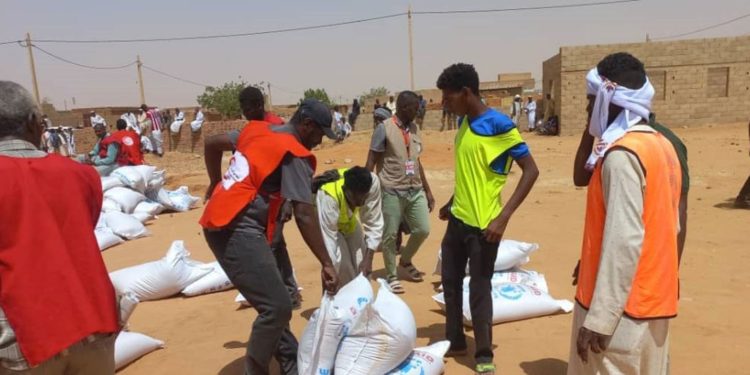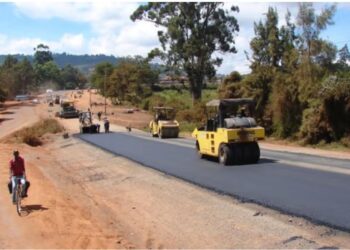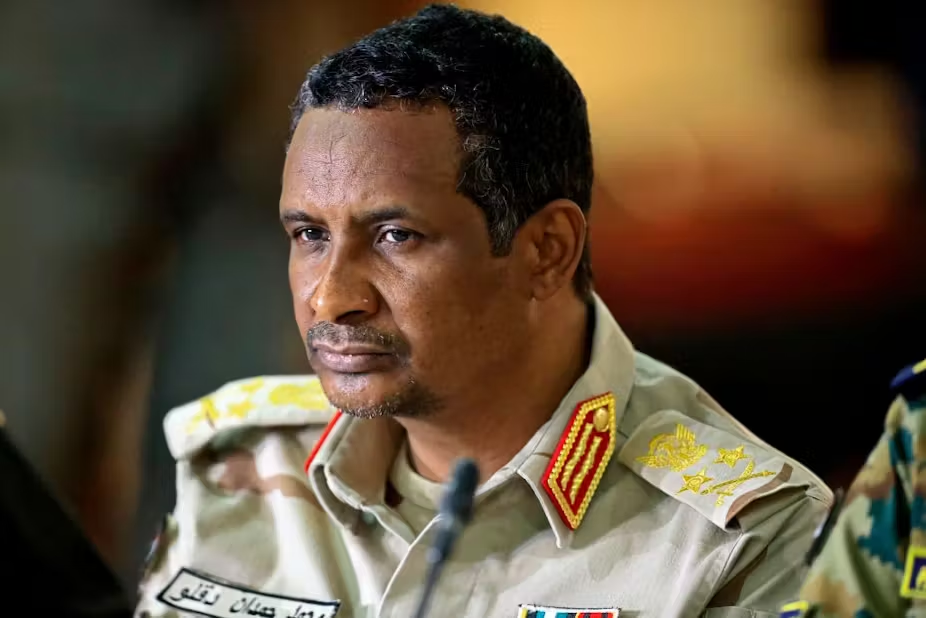By SUDAN TRIBUNE
by: Yasir Arman
Ambassador Ali Al-Sadiq met with the Deputy Director of the World Food Programme on the sidelines of the Antalya Conference in Turkey this March. The Deputy Director asked Ambassador Ali Al-Sadiq to send humanitarian aid to civilians in Darfur through Chad. Ambassador Ali Al-Sadiq refused, under the pretext that the border is used to send weapons to the Rapid Support Forces. Similar statements were issued by army Commanders in this regard. There is deliberate confusion by the Foreign Ministry in Port Sudan regarding the issue of sending humanitarian aid to civilians on the one hand and the issue of sending weapons on the other. The Foreign Ministry does not control the border with Chad anyway, and if weapons are to enter or have entered Darfur after a year of war, it is clear that involvement by the World Food Programme has not been addressed. The World Food Programme does not specialize in sending weapons but rather in humanitarian assistance, and there are procedures to ensure that weapons are not sent in such a case. The Foreign Ministry Islamists are hostile to civilians in Darfur and elsewhere.
I would like to present some ideas to Ambassador Ali Al-Sadiq and to the army commanders that might keep them away from using food as a weapon and may contribute to saving our people in Darfur. I am surprised by the position of those who refuse to deliver food to civilians in Darfur, especially the sons and daughters of Darfur in the government of Port Sudan.
First: International relief organizations that moved to Chad to help civilians in Darfur are requesting permission from Port Sudan. The issue is related to sovereignty and not to the Foreign Ministry’s control over the Sudanese-Chadian border. Ambassador Ali Al-Sadiq understand that using the principle of sovereignty arbitrarily will harm Sudan’s sovereignty, if it exists now, in the face of storms. Regional and international and the development of the concept of protecting civilians in the face of sovereignty. Little wisdom is better than the foreign heresies of the Islamists.
Second: There are better experiences of the Sudanese state that must be taken into account and measured against.
Third: In 1988, the former Secretary-General of the United Nations, Javier Pérez de Cuéllar, commissioned the then Director of UNICEF, the late James Grant – with a wide reputation – to organize a special relief operation in Sudan. This was during the days of the government of the late Prime Minister, Mr. Sadiq Al-Mahdi, who in turn held a conference in Khartoum for organizations and agencies on March 8, 1989. This coincided with the SPLM’s seizure of large parts of the Sudanese borders with Kenya, Ethiopia and Uganda, a situation similar to what is happening now on the Chadian-Sudanese border.
Fourth: Another similarity to the current situation, there were signs of famine in 1988 in southern Sudan, especially in Bahr al-Ghazal, and there are signs of famine today in Darfur and the rest of Sudan due to
war in both cases. Dr. John Garang sent a message to that conference held in Khartoum, to which, of course, the SPLM was not invited. He later commissioned Dr. Lam Akol to reach an agreement. Lam Akol met with James Grant in Addis Ababa, and the government and the SPLM reached the most famous agreement that entered the encyclopedias of international humanitarian operations, which is Operation Lifeline in Sudan.
Fifth: During the days of the Kizan rule, the Lokichogio region in Kenya was developed, and some international crossing points between Sudan and neighbouring countries were established that were not controlled by the Sudanese government at the time. In addition, on January 19, 2002, an agreement was reached for a humanitarian ceasefire in the Nuba Mountains/South Kordofan, which was mediated by Switzerland and the United States.
Sixth: The previous experience was based on the presence of crews from the then government who would examine humanitarian aid and ensure that it contained relief materials and not weapons, and then the organizations would send relief. This could be done inside Chadian territory and with the approval of the Chadian government, especially since Ambassador Ali Al-Sadiq has recently met with Muhammad. Saleh Nadif, Minister of Foreign Affairs of Chad.
Finally: Using food as a weapon, in addition to being a war crime, harms the unity of Sudan and ends the war. What has happened in Sudan since August 1955 is enough. Our country is facing famine and needs a comprehensive and humanitarian ceasefire before Ramadan, at least for a renewable period of six months, which opens the way for the possibility of the return of displaced persons and refugees, the resumption of activity for agricultural projects, the distribution of relief, stopping the war, and protecting civilians before politics.






Discussion about this post